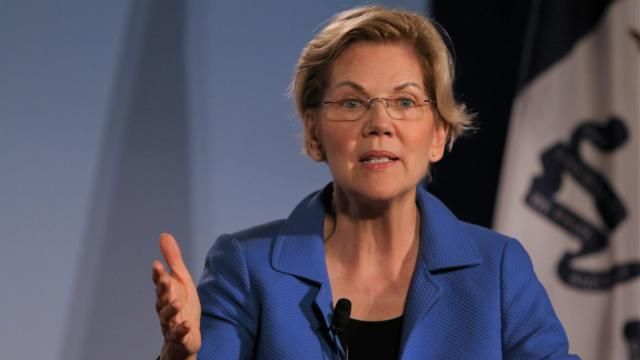Introduction:
U.S. Senator Elizabeth Warren has raised concerns about the use of cryptocurrencies in funding the illicit fentanyl trade, emphasizing the need for tighter regulation of the crypto industry. During a Senate Banking Committee hearing, Warren highlighted the significant quantities of precursor drugs being exchanged for cryptocurrencies, potentially resulting in the production of billions of dollars worth of fentanyl pills. This comes at a critical time as fentanyl-related deaths continue to rise in the United States. Warren’s call for increased regulation reflects the urgency to address this issue.
The Connection Between Cryptocurrencies and Fentanyl:
Warren cited research conducted by Elliptic, a blockchain analytics firm, which uncovered the prevalence of cryptocurrencies, particularly Bitcoin and Tether, as the preferred means of transaction among over 90 Chinese companies involved in fentanyl precursor production. Fentanyl, a highly potent synthetic opioid, has played a significant role in the ongoing drug overdose crisis, surpassing the strength of heroin and morphine. The use of cryptocurrencies in facilitating fentanyl transactions raises concerns about the ease and anonymity associated with illegal activities.
The Digital Asset Anti-Money Laundering Act:
Warren reaffirmed her backing for the Digital Asset Anti-Money Laundering Act, a bipartisan bill presented in December. This proposed law is designed to confront the national security risks associated with cryptocurrencies. It plans to expand the scope of the Bank Secrecy Act (BSA) to include wallet providers, miners, validators, and other cryptocurrency network participants. Furthermore, it seeks to regulate self-held digital wallets and limit financial institutions’ use of privacy-enhancing technologies such as mixers.

Debates and Objections:
The Digital Asset Anti-Money Laundering Act has attracted praise for its potential to tackle the illegal use of cryptocurrencies, yet critics warn that it might be used as a pretense for wider industry constraints or even a total prohibition. Some perceive the bill as a “Trojan horse” that could hinder innovation and obstruct lawful cryptocurrency usage. The delicate act of reconciling the demand for regulation with the encouragement of innovation continues to challenge lawmakers.
Striking the Right Balance:
The importance of finding a harmonious relationship between regulation and innovation is essential for policymakers who are dealing with the risks and possibilities of the cryptocurrency industry. While addressing issues related to consumer protection, money laundering, and financing of terrorism, over-regulation could obstruct technological advancement and economic opportunities connected to cryptocurrencies.
Closing Thoughts:
Elizabeth Warren’s demand for stricter cryptocurrency regulations, given their potential role in funding the fentanyl trade, underscores the necessity for intensified scrutiny and supervision. As the cryptocurrency industry continues to evolve, lawmakers must find the right equilibrium between minimizing risks and nurturing innovation. It is crucial to effectively manage the problems posed by illicit activities while allowing for lawful cryptocurrency use. By achieving this balance, policymakers can leverage the advantages of digital assets while preventing their misuse.
©traders-news.online










